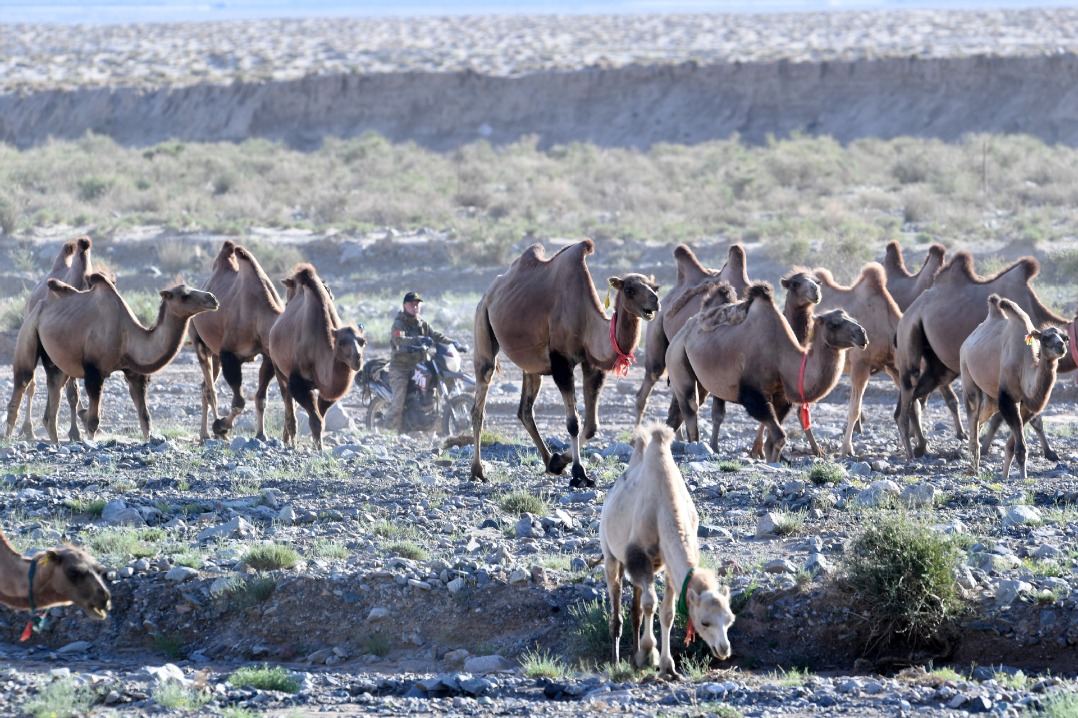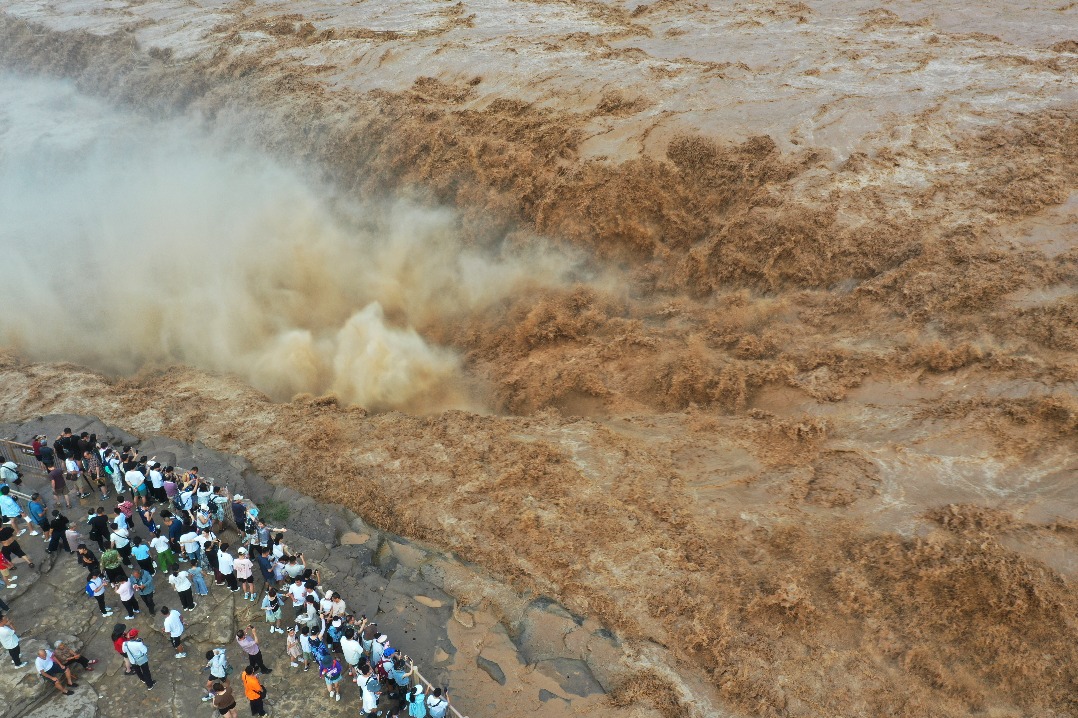Areas offer wildlife damage redress

China is stepping up efforts to compensate residents for damages caused by wildlife as the country's biodiversity improves and human-animal conflicts become more frequent, the Ministry of Ecology and Environment said on Monday.
Government funding for damages caused by wild boars alone surpassed 100 million yuan ($13.94 million) in 2024, benefiting more than 70,000 farming households, said Zhang Yujun, head of the ministry's nature and eco-conservation department, at a news conference.
With expanding habitats and rising populations of protected species such as wild boars, animals are increasingly encroaching on human settlements, Zhang said. Reports of wildlife destroying crops, preying on livestock, damaging property and injuring people have increased. "These harmful incidents and illegal activities both require strict prevention and regulation," he said.
To mitigate the impact, more than 20 provincial-level regions — including Yunnan and Shaanxi — have introduced localized wildlife damage compensation systems that define both payment standards and coverage scope, according to the ministry.
Zhang said improving and expanding these compensation mechanisms is a priority as China balances conservation with public well-being. The country will also strengthen wildlife monitoring, improve risk assessments and innovate compensation models to ensure timely support for those affected by wildlife-related losses, he said.
In recent years, China has seen significant ecological gains. The number of wintering waterbirds nationwide reached a record high of over 5 million in 2024, and populations of more than 300 rare and endangered species have steadily increased. The threat level has decreased for nearly 500 species of wild plants and animals.
But these improvements have brought new challenges. As animal habitats recover, their overlap with human activity zones has led to increased friction. Illegal practices such as poaching, trapping and habitat destruction have also been reported.
To ease these tensions, the ministry is working with forestry and grassland authorities to improve in-situ conservation efforts, consolidate protected areas and build a nature reserve system centered on national parks. The goal, Zhang said, is to boost the capacity of ecosystems while upholding strict ecological red lines.





































